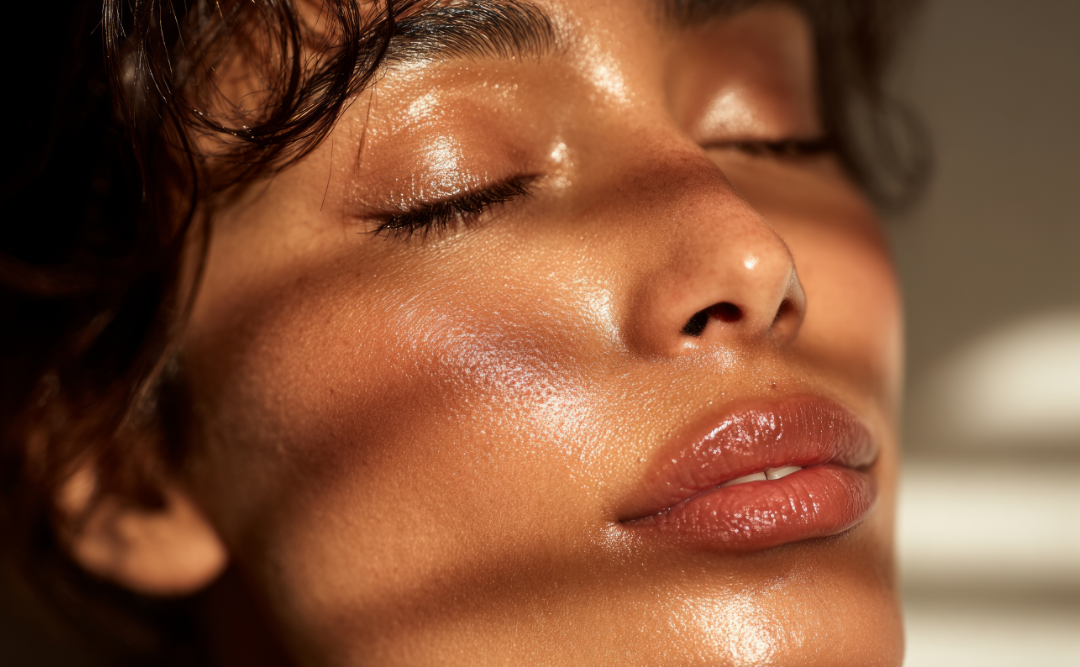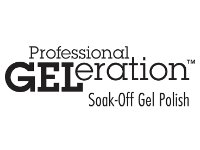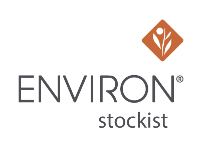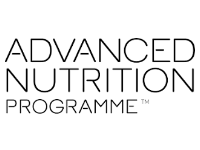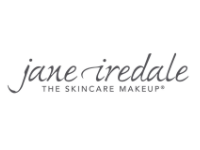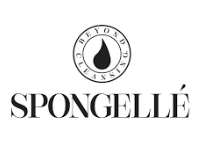High SPF chemical sunscreens can actually be more harmful than the protection they give.
Higher SPF sunscreens provide minimal added protection. Factor 15 to Factor 50 only gives around another 5% protection which is minimal for how much potential damage free radicals and chemical sunscreens could cause. Factor 50 also contains a far higher concentration of chemical ingredients, for just 5% more protection. It is also scientifically proven that chemical sunscreen ingredients can be absorbed into the skin, and when exposed to UV radiation (not even direct sunlight but any type of light such as a computer screen) these can create quite aggressive free radicals.
What SPF is safe and effective?
We tell our client’s to follow Environ’s unique philosophy and proven approach to sun care, which supports a low SPF combined with antioxidants. It’s easy to remember: LESS. MORE. OFTEN.
- Less chemicals – Low SPFs between 15 and 20 SPF contain less chemicals and still offer 93% protection against harmful UVB rays.
- More complete protection – Environ’s sun care formulations contain additional antioxidants to help counteract the effects of free radicals triggered from exposure to UVA and UVB radiation.
- Apply often – The key is to reapply the sunscreen frequently, every 90-120 minutes for safe, effective protection against UV radiation.

Environ RAD Antioxidant Sunscreen SPF 15

RAD SHIELD Mineral Sunscreen SPF 15
“Protecting the skin, especially from the sun, should start from as early as six months old with sensible sunscreen application. Given that our skin is our biggest breathing organ, we need to ensure that whatever we put on it, will ensure its long-term health. Fewer chemicals equals healthier, happier skin, and this means a lower SPF,” says Dr Des Fernandes, Environ Founder and Scientific Director.
What it ultimately comes down to is the quality of sunscreen that you apply, and how often you apply it! Nicola x



